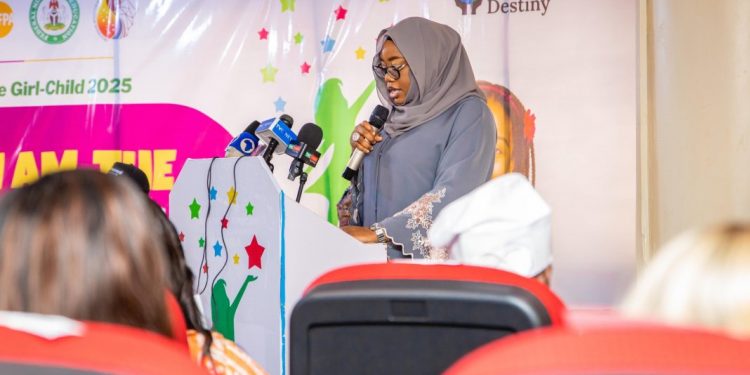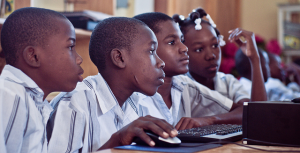The Federal Ministry of Youth Development has convened the Girl’s Future Conference 2025 under the theme “The Girl I Am, The Change I Lead: Girls on the Frontlines of Crisis,” bringing national attention to the pivotal role of young girls in leadership, crisis response, and national development.
The conference gathered young female leaders, policymakers, educators, and gender advocates to engage in dialogue on how girls can be positioned not just as beneficiaries of policy, but as active contributors to social innovation, conflict resolution, and community-building. Discussions centred on issues such as access to education, digital inclusion, gender-based violence, mental health, and participation in transformative leadership spaces.
In a goodwill message delivered at the event, an invited speaker underscored that true nation-building starts with character, capacity, and confidence. They stressed that investing in the leadership potential of girls is not an act of charity, but a strategic pillar for Nigeria’s sustainable future. Girls, they noted, are often at the heart of families and communities, and when equipped with the right tools, can influence policy, drive social reform, and ignite economic growth.
The conference also examined the barriers that keep girls at the margins during crises such as conflict, displacement, economic instability, and climate emergencies. Speakers urged government institutions, private sector players, and development partners to move beyond advocacy into implementing policies that guarantee safety, participation, and equal opportunities for girls.
Beyond inspiration, the event emphasised institutional accountability and the need to track how national plans, including education programmes, entrepreneurship schemes, and digital training platforms, are reaching adolescent girls. Participants called for inclusive budgeting and gender-sensitive policies that respond to the realities of girls in rural and urban Nigeria alike.
By positioning girls at the centre of crisis response and leadership conversations, the ministry signalled a renewed commitment to shaping a generation of female changemakers. The Girl’s Future Conference 2025 closed with a call to action: that every institution, from government to community level, must create pathways for girls to lead, not later, but now.










